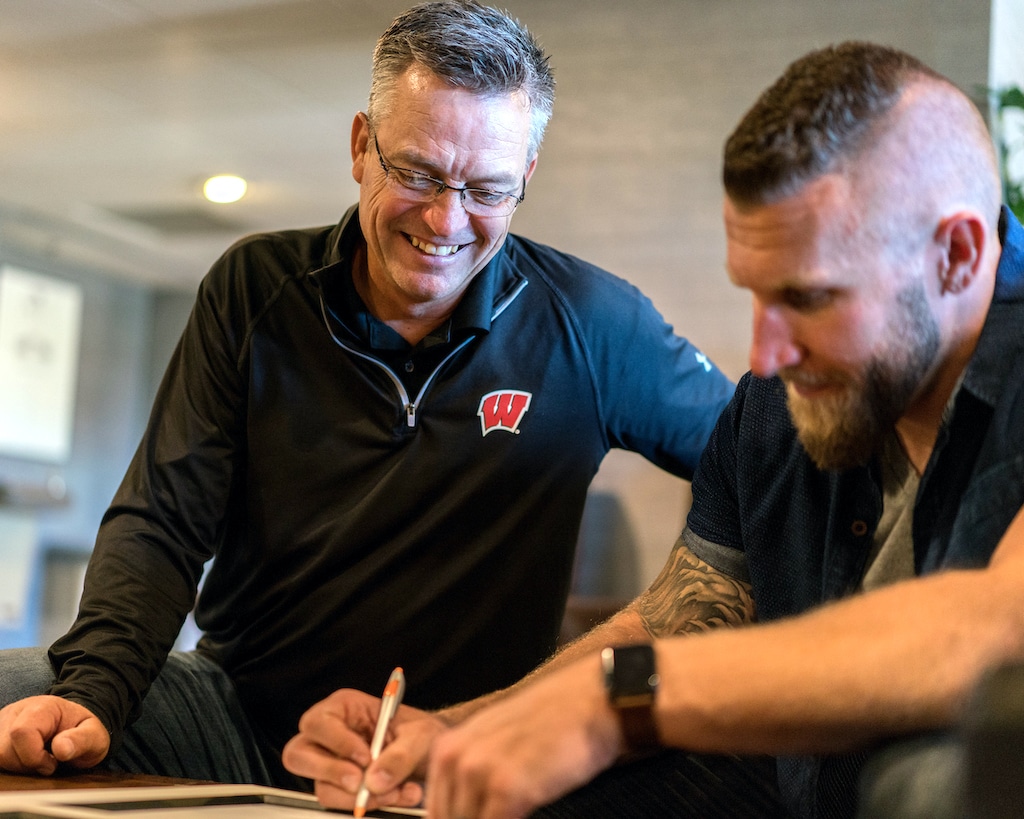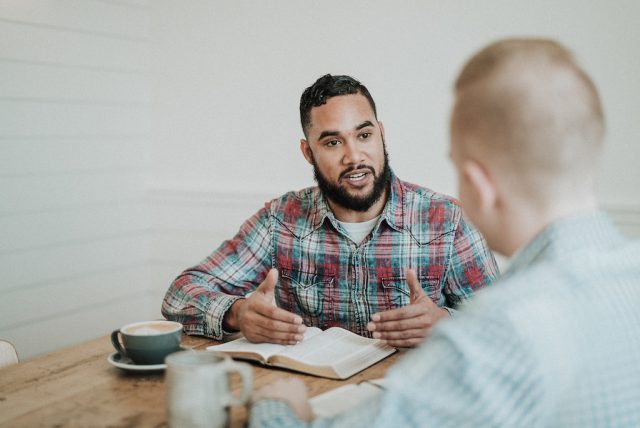Article
Bold Approaches to Funding Residencies
When it comes to funding residencies, we have everything we need within arm’s reach to do everything God has asked of us.

Early in ministry, one of my mentors told me, “Everything you need to do all God has asked is within arm’s reach.” That is true and has proven to be true throughout my ministry.
The problem is, it doesn’t always feel true, especially in funding residencies. In this article, we are going to look at basic models of funding and four bold approaches to funding your residency.
Five Basic Models
The five basic models of funding could be broken into: fully funded, jointly funded, support raised, part-time and not funded. The spectrum on these is vast among churches. Most churches run their model of funding based on their model of planting.
The best way to think about this is that whatever the planter’s status is going to be when church planting, the residency tends to fund at or below that level. Meaning if the long-term funding for the planter will be full time, part time or unpaid, then the residency will be congruent with that level of funding. One church in Florida has 60 residents; almost none of them are funded and some of them will plant bivocationally. This church recognizes where they plant will not be able to sustain a full-time pastor, therefore they do not fund the residency full time.
Another important factor in funding levels is deciding if you are going to recruit planters from inside your church or outside. Those that recruit from within tend have less cost directed toward a residency, especially initially. Those that recruit from outside typically are going to lean toward a more fully funded model.
I have been part of residencies for a long time now and almost everyone that runs a residency has the same approach to funding initially, no matter what level they fund the residents: Find as much money as they possibly can to hopefully be able to pay some money to help raise them up. Some have some success and can begin to streamline their funding structures, but in early days everyone does whatever they can to get it running and keep it running.
There are pros and cons to any model, you decide which is the most practical to achieve what God is asking you to do and go after it.
Four Funding Practices
Here are four ways I have found that can help you raise funds for residency: seek, ask, knock and release. There are no guarantees in funding but pray and work as hard as you can to make it come to a reality. Most everyone who has a long-standing residency has used one of these four “scrappy” practices to get it off the ground.
1. Seek and you could find. Every year we make a budget for our church, laboring with additions and cuts, adding new ministries, cutting old ones. Oddly, I have always enjoyed the budgeting process because it is a gigantic puzzle of opportunity to see how we can give more to mission, fund new endeavors, invest in new dreams and hopefully keep paying everyone. No matter what we come up with and present to the congregation, it is a “by faith” budget. A mentor told me, “The real vote on the budget is not the business meeting; it is the offering every week for the rest of the year.” When you budget in a residency, and you have led your congregation to believe in it, you might be surprised what happens. People give more today than ever because of buy-in to a vision, rather than out of Christian duty. Right or wrong, nothing gets me more excited than planting churches through men being built up and sent out. The local church’s capacity to give generously is amazing. If you seek funding from your congregation, you could find funding.
2. Ask and you might receive. There’s power in simply making an ask of people you think might be interested in investing in your residency. I remember the early days of setting up meetings and making passionate pleas to invest in our residency. Ask people to give financially to build up men who will be committed to making disciples who make disciples. I still believe it like I said it: There is no greater investment we can make with our money than to invest in a kingdom laborer. You never know, walking into a meeting, whether someone will invest, but often people have joyfully given to see the kingdom expand through residencies. Some of the most remarkable people I have ever met are people who have funded residents and residencies. So, ask and you might receive.
3. Knock and the door possibly will open. There are three doors every church should knock on to see if they would be willing to partner with you in funding a residency: local denominational partners, state denominational partners and national denominational partners. Those who have been called to serve pastors and local churches know the need for more laborers in the harvest. Meet with them and ask them to partner with you in funding residents. Knock on their doors and they could open.
4. Release and maybe something will happen. The last practice is to release your resident to raise funds to make up the difference needed to get them at the level of funding you have established, whether part time or full time. Fundraising is a core skill of a planter and there is no time like the present to allow God to stretch them in this skill. Being able to have intentional personal investment in fundraising before launching into their work will reap significant reward. It is a blessing to those who give, as much as it is to those who receive. Do not hesitate to put some of the burden of fundraising on the resident.
I believe we have everything we need within arm’s reach to do everything God has asked of us. Define what works best for you and get scrappy by faith to get it off the ground!




